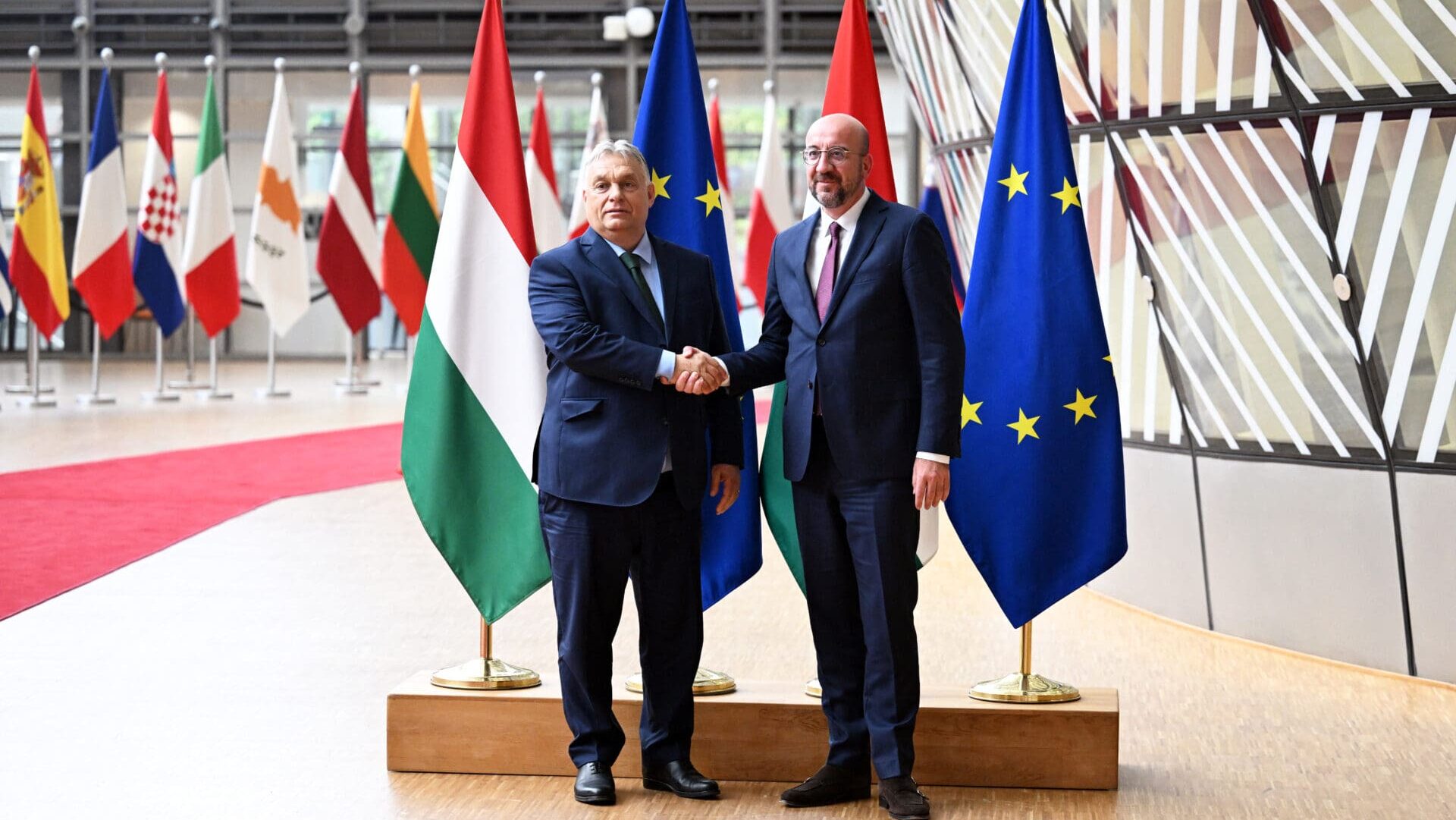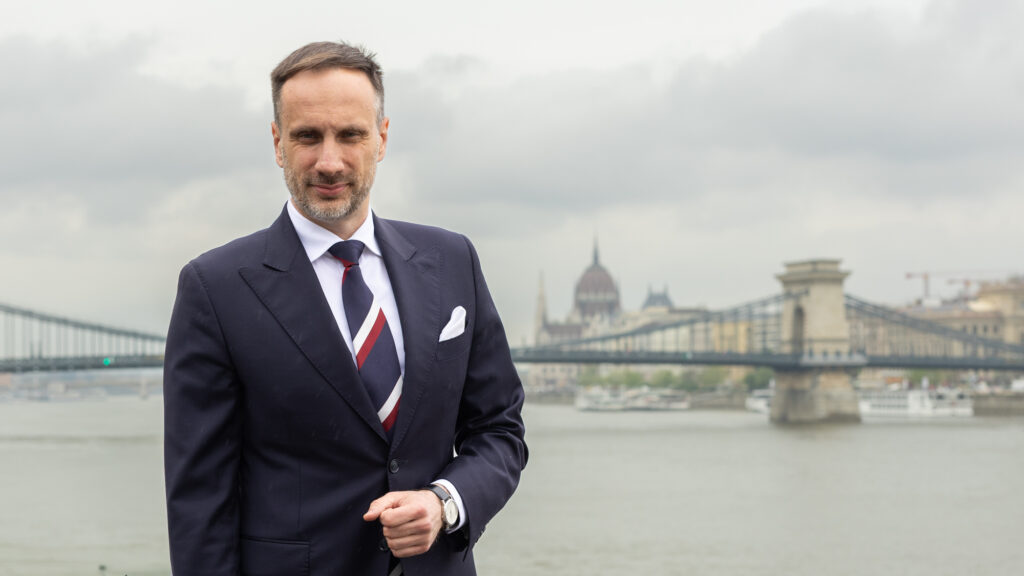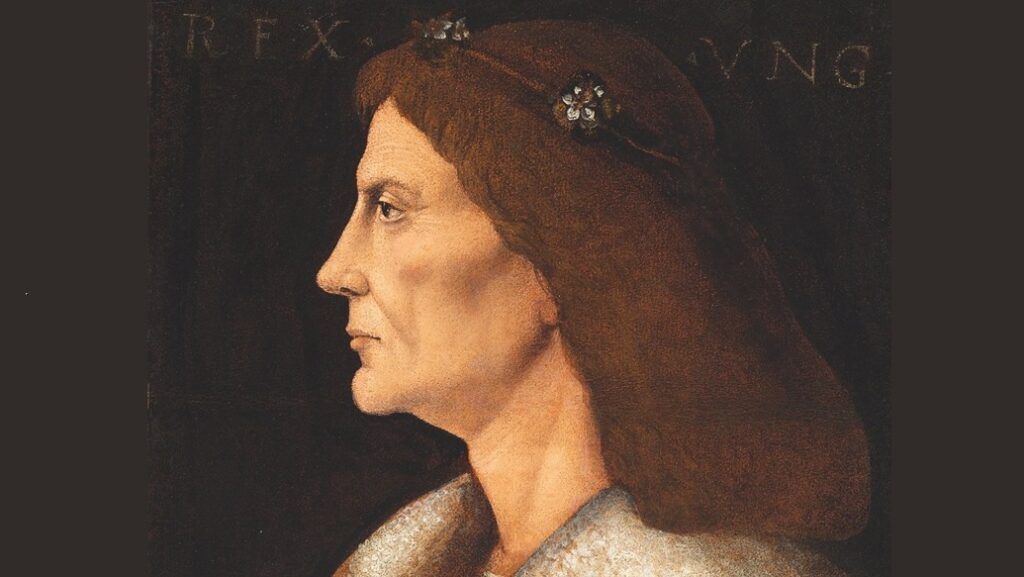An opinion piece by Viktor Orbán has been published by the Financial Times to mark the start of the Hungarian EU Presidency. In the article the Hungarian Prime Minister outlines the country’s priorities for the next six months, with a particular emphasis on enhancing European competitiveness.
At the beginning of the article, Orbán reflects on Hungary’s first EU presidency, which took place thirteen years ago. As prime minister during the two presidencies, he has been in a unique position to observe the decline in Europe’s competitiveness. He recalls the words of former German Chancellor Helmut Kohl, who stated that Europe’s political survival depends on maintaining economic competitiveness. ‘His words have never been more relevant than today,’ Orbán asserts.
The prime minister continues by stating that the EU’s competitiveness has been deteriorating at an accelerating pace in recent years, primarily due to misguided decisions in Brussels that contradict the realities of the global economy. ‘A prime example of this is the green transition, where the EU is imposing its ideologically motivated goals without sufficiently consulting the industry,’ PM Orbán points out. He highlights that with energy prices in Europe being three to five times higher than in the US, European companies are losing their competitive edge and are unable to invest adequately in innovation.
According to Orbán,
Europe must take a leading role in the green industry, particularly in the development and production of electric vehicles.
However, the regulations that hinder industry players and burden citizens are no longer sustainable. Farmers also face significant challenges, as their production costs have increased substantially, and they must comply with increasingly complex environmental obligations, as noted by PM Orbán.
Orbán also highlights that Europe is becoming a less attractive investment destination, leading even European companies to consider relocating to other markets. He underscores that while the US economy is growing by nearly 3 per cent, China by nearly 5 per cent, and India by nearly 7 per cent annually, European economies are barely growing at 1 per cent. ‘Over time, we can expect an even bigger gap. An immediate correction is therefore needed,’ he stresses.
PM Orbán then describes the Hungarian experience, emphasizing that economic success requires competition and a business-friendly environment.
‘We have introduced a flat personal income tax rate, abolished inheritance tax for close relatives, and maintain one of the lowest corporate tax rates in the EU. We have also diversified our trade and investment links, focusing on cooperation with industrial partners in the Asia-Pacific region in key technology and innovation sectors. As a result, last year saw record-high foreign direct investment (FDI) inflows into Hungary,’
he states.
Speaking about the goals of the Hungarian EU Presidency, the prime minister stresses the intention to convince European partners that healthy competition, combined with cutting-edge technologies, leads to greater growth. ‘To this end, we are proposing a new green industry strategy in cooperation with the main industrial players,’ Orbán writes. He points out that the key players in the European economy do not want to protect themselves from competition through trade wars, and if they do not want to, political leaders should not either. ‘Our aim is to create a business-friendly environment that ensures companies have access to affordable and secure energy and can compete with minimal administrative burdens.’
Orbán explains that a further goal of the Hungarian Presidency is to conclude a new competitiveness deal and
relaunch European economic expansion while promoting economic openness and international cooperation.
Additionally, Hungary aims to halt illegal migration, calling for close cooperation with countries of origin and transit. This involves stressing the protection of external borders and advocating for EU funding to support these efforts.
In addition, the Hungarian Presidency will focus on laying the foundations for a farmer-centred EU agricultural policy and shaping the future of cohesion policy.
Orbán highlights that Berlin, Paris, and Rome fully support the initiatives of the Hungarian Presidency. He notes that Hungary is preparing for an exceptionally active EU Presidency. ‘It is time to put ideological debates aside and kick-start the engine of Europe. Let’s make Europe competitive again!’, the prime minister concludes.
Read more on the Hungarian EU Presidency:







